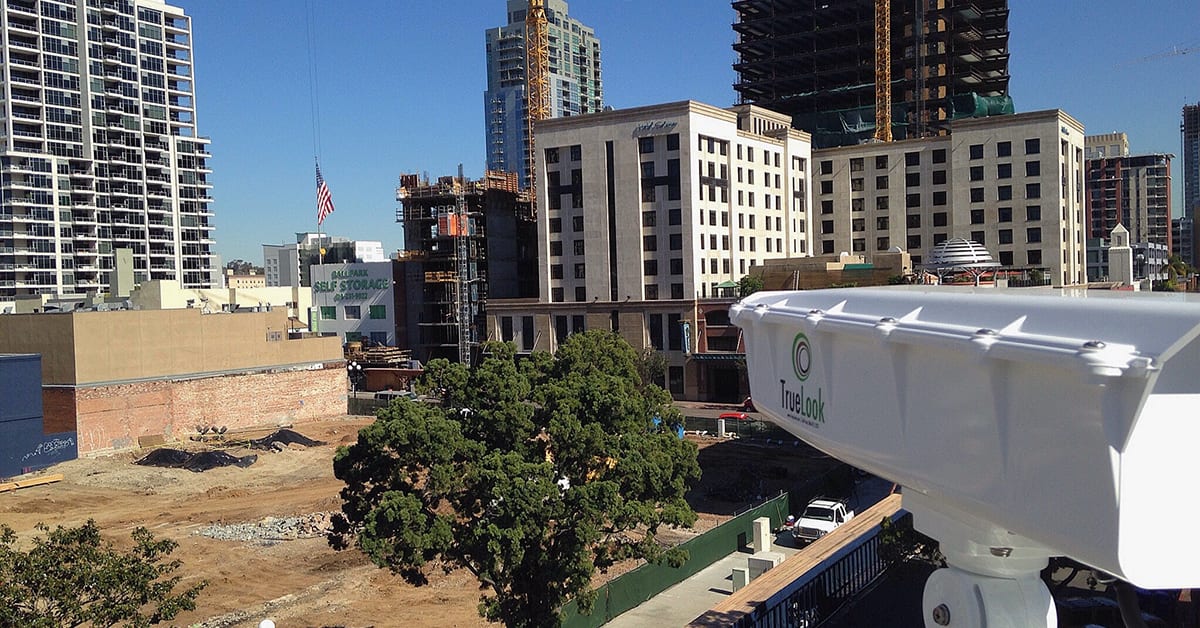Fraud plagues all industries – construction is no exception. And on the jobsite, construction fraud takes many forms. It can happen at any point during a project – from the bidding process to onsite project execution and payment for services.
4 Types of Construction Fraud
According to Kroll’s 2015/16 Global Fraud Report, the overall prevalence of construction fraud was 75% — that means three-quarters of all construction companies experienced some form of fraud. Additionally, this sector had the highest rate of regulatory or compliance breaches (18%) of any other industries covered in the survey, and the second highest for theft of physical assets (36%) and vendor or procurement fraud (24%).
Worse yet, the industry has the highest increase in fraud exposure of any sector (92%).
Because construction fraud is so common it’s crucial for firms to focus on fraud prevention. Here are four types of construction fraud and how to prevent them:
1. Time Theft
On the jobsite, time is money. Time theft happens when workers are not honest about when they enter or leave the jobsite. For example, workers may clock in their co-workers as a favor to help them avoid consequences of being late to work. Additionally, when workers waste time, they impact productivity, which is costly to the construction firm.
One large New York-based construction company, was caught altering timesheets and charging money for time not worked. According to The New York Times, the firm would falsely report workers were on the jobsite when they weren’t, and subcontracted to labor and carpenter foremen without client approval. They ended up having to pay over $7 million for the faulty timesheets, thanks to the client’s ability to provide evidence.
Construction cameras with security recording can help prevent such time theft by keeping a visual record of when workers enter and leave a jobsite, and what they do while on the job. This information can be streamed to project management software and viewed remotely, in real-time, to prevent further loss.
2. Negligence and fake injuries
Negligence is a serious type of fraud that can result in severe consequences, such as worker injuries. To this end, the law requires construction firms to insure workers. But what if a worker injures himself off-site, and tries to claim it happened on-site in order to cheat the firm out of insurance money? In both cases, on-site construction cameras can help to mitigate risk.
3. Materials billing and removal
Construction contractors bill firms for materials used. Construction fraud can occur when they bill for a higher grade of materials but use a lower grade to complete the project. Not only is the result poorer quality, but the firm pays more than the fair price for the product. Similarly, a contractor commits fraud if he bills for a piece of equipment used on the jobsite, and proceeds to use the same piece of equipment on a project for a different firm.
On-site material inspections can help prevent such fraud, as can video recordings of delivery and removal of materials and equipment. Such recordings provide video documentation of what materials and equipment were used on your jobsite, including when they arrived and were removed from the site. You can then compare bills of materials with the information from your construction cameras to ensure you’re paying a fair price for materials and time spent using jobsite equipment.
4. False Representation
A false representation is a type of fraud that occurs when you get something different than what you pay for. For example, a contractor bills you for 10 units of labor, when only eight workers were needed on the jobsite. Perhaps they use undocumented workers instead of skilled laborers and paid them under the table at a lower rate, but they tell you they paid a higher hourly wage for the labor. Or a subcontractor may claim he’s in compliance with necessary regulations, but actually isn’t, which can put you at risk for legal implications.
While written documentation and signed contracts can help mitigate the fall-out from false representations, there’s no substitute for the images and recordings provided by cameras. Visual documentation provides inarguable evidence of illegal activity on the jobsite, such as compliance violations.
Final Word: Construction Fraud Prevention
Protect Yourself and Your Company from Fraud
While it’s unlikely you can eliminate fraud from the jobsite, you can take steps to protect yourself from undue risk, and arm yourself with evidence to recover loss. TrueLook construction cameras can help. Watch a demo to learn more.


